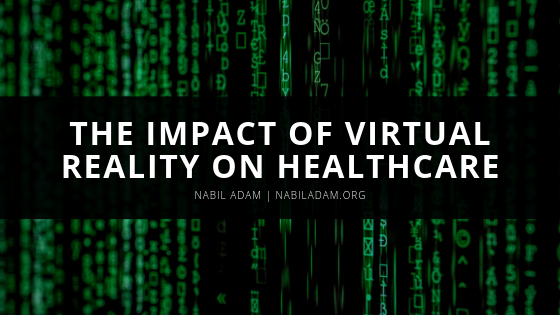The world of healthcare is rapidly changing, aided in part by advancements in virtual reality technology. VR has been revolutionizing various industries, from gaming to education. However, the clinical impact of VR is among one of the most exciting effects of this burgeoning field. VR is improving healthcare for both doctors and patients in very drastic ways. Below we explore some ways in which virtual reality technology is impacting patient care.
Physician Education
Virtual reality is being used in classrooms to help train the next generation of physicians in a way like never before. VR is helping med students immerse themselves into anatomy and physiology beyond what just textbooks or even a cadaver can provide. Through VR, student physicians are able to work with a virtual model of a living body, allowing them to visualize physiological processes. This, in turn, enhances their understanding of how the human body works and transforms them into better doctors.
Pain Management
Treating acute and chronic pain in a safe and effective way is one of the biggest challenges of modern medicine. Fortunately, VR tech provides an alternative treatment modality for pain. The immersive virtual experience can help patients shift their focus away from pain, and may even help to boost other pain management modalities, such as meditation. Preliminary research has found shown that VR can help patients feel half as much pain patients not using VR.
Mental Health Treatment
VR tech also has applications for mental health patients. Researchers have already been utilizing virtual reality to help treat certain mental health conditions, including PTSD. Through simulation of traumatic events, VR helps individuals feel in control over traumatic situations, getting rid of the automatic negative emotional arousal response. This technology has shown promise for a wide range of mental conditions, from anxiety, dementia, and even schizophrenia.
Rehabilitation
Virtual reality is even useful in helping patients get through a demanding and often tedious period of rehabilitation. Researchers have discovered that patients are more likely to stick to their rehabilitation program when they have access to VR. Virtual reality can make physical therapy more engaging and fun for patients by giving them more control over their environment and making the process exciting.

